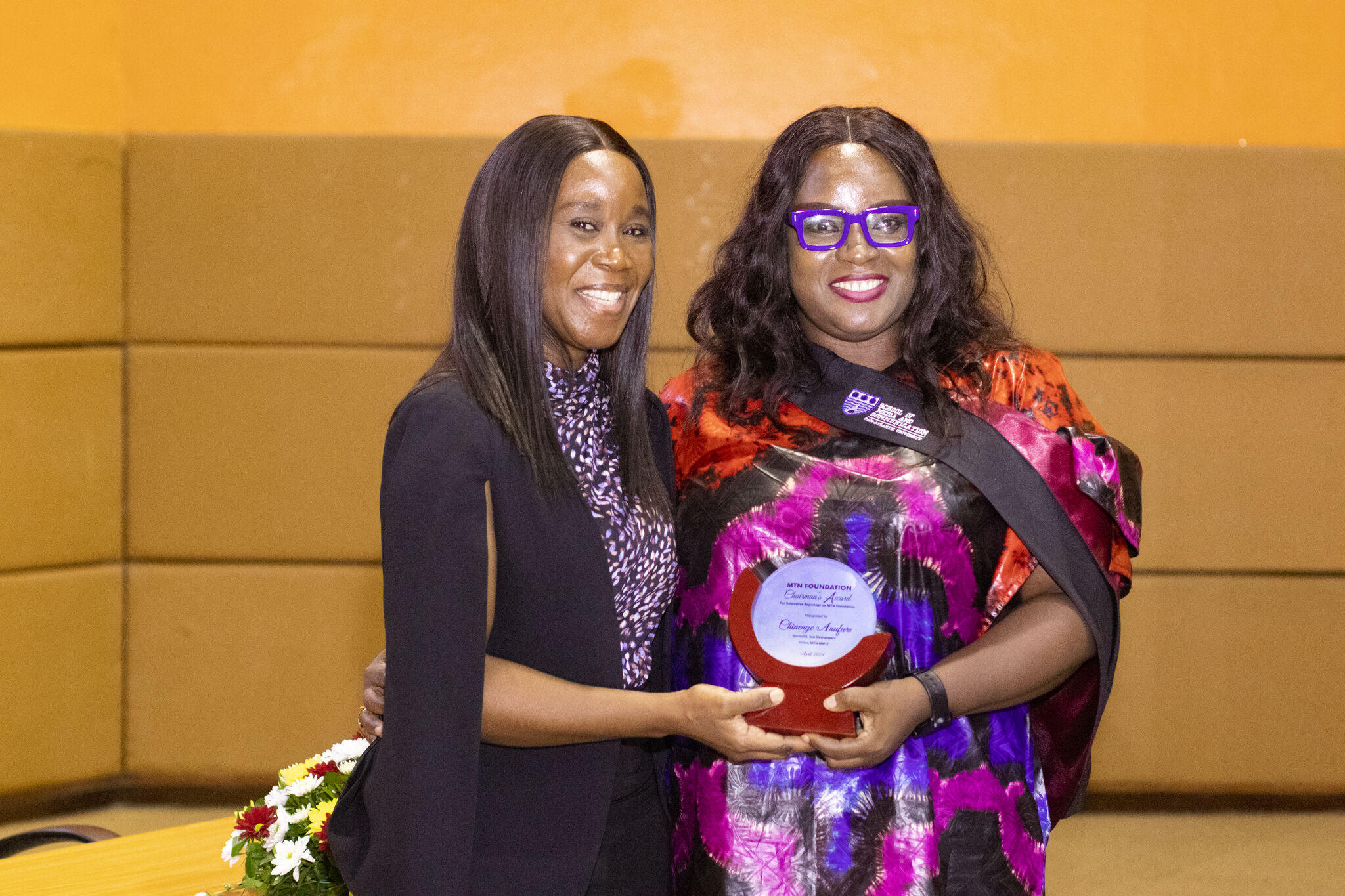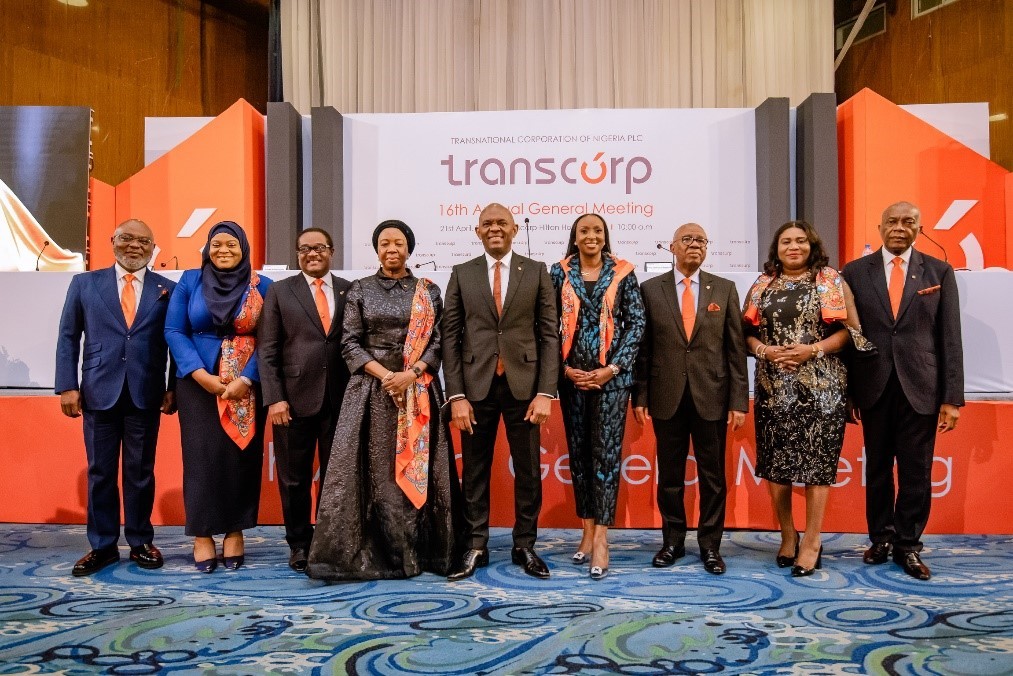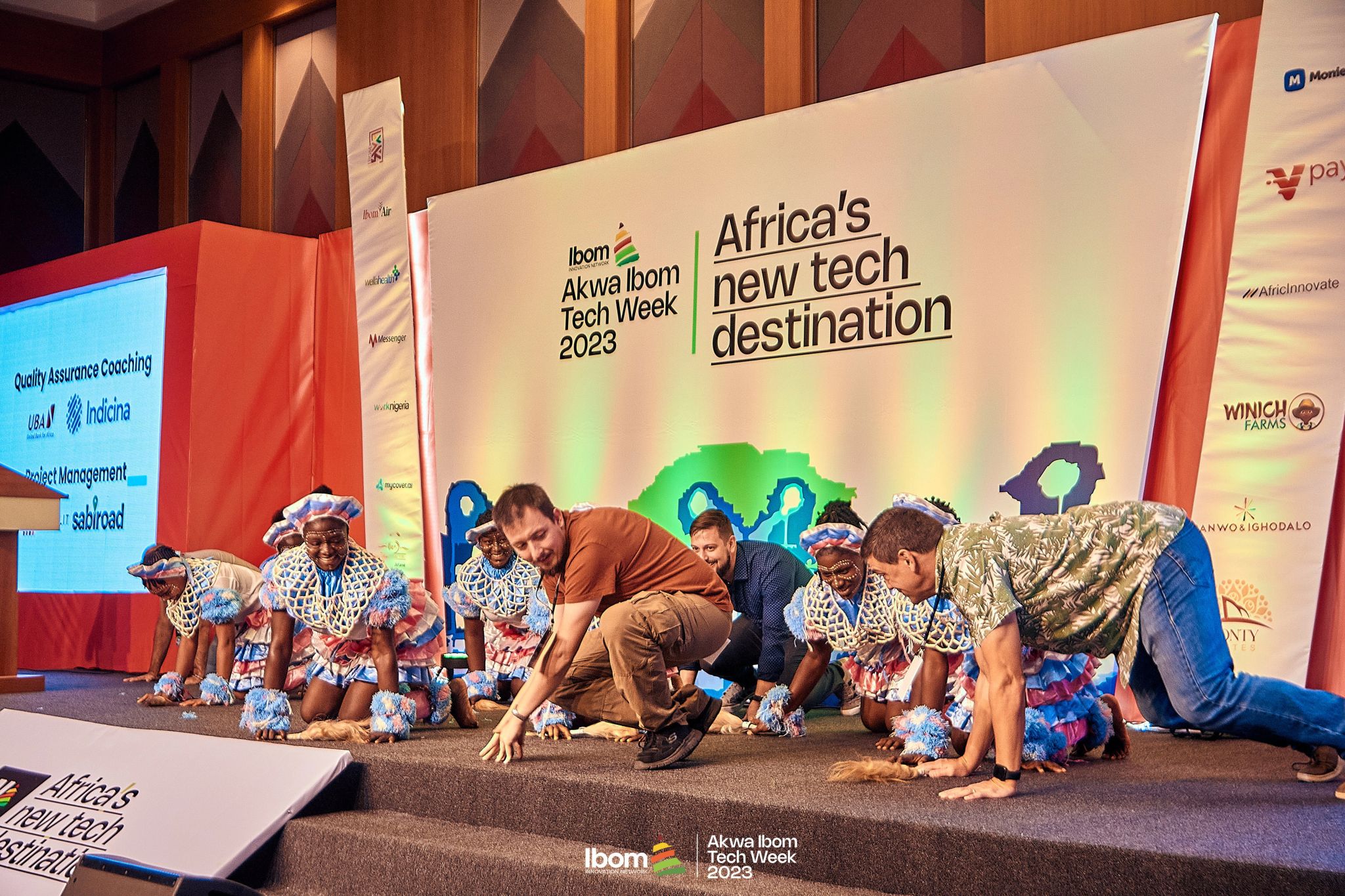All around the world businesses are pulling out the stops to achieve growth in what can best be described as challenging economic conditions. Africa is no exception. The continent has long been recognised for its immense potential, and as such businesses across sectors are investing heavily into the continent. Advancements in technology make serving the unbanked and underserved populations in Africa more viable than ever before. However, that does not mean growth comes easily. It is a hyper competitive and complex environment where genuinely understanding your customer is key to growth.
Even with this textbook understanding, there is a strong urge to take the “build it and they will come” approach because we can get caught up in our own technology and view problems from our frame of reference while ignoring the customer. This is typified in the African market where we see multiple shiny apps being dropped across markets with massive investments behind them only to be followed by a scaling down of operations as customer uptake and usage have not met expectations.
Instead, leading fintechs that show consistent growth have a deep understanding of their customers’ needs and then constantly listen to their customers. Having a deep understanding of customer needs results in innovative solutions. But that is only half of what you need. Listening to customers as you build those solutions is what guarantees market adoption and success. It also allows you to discover further unmet needs. Without listening you fall into the trap of building it and hoping customers will come.
The point here is that you need to listen to customers that are already talking to you. Yes, A fintech can listen directly to its customers in the form of focus groups or formal surveys where customers can engage and tell it directly and clearly what they don’t like, what they do, and what they want. But in a fast-paced environment it is not always possible to engage in traditional research to uncover what your customers are saying. More importantly, businesses need to develop the capacity to use existing touch points where customers are already talking to them to gather the insights needed for successful product development.
Social media is a massively useful tool for this. If a business is using its social media only as a marketing or customer service tool it is missing the boat. By mining the comments coming through social media channels, including positive and negative feedback, businesses have a treasure trove of data on their customers’ voice.
Internal support tickets are another avenue. Whether customers are emailing, submitting comments through various platforms or calling into a contact centre, they are telling you about their problems. Often, this information starts and stops with frontline staff. Fintechs, or any businesses, need to have the right processes to gather that information effectively and feed it up to the product development team.
Of course, it is great when customers explicitly tell you what they want or need through these channels but regardless of what they say, every interaction can implicitly give you direction. For example, if customers continue to complain about something, they may not be telling you what to do or what to change, but they are telling you that your current solution is not working. An effective business must address those problems because that’s how to genuinely serve customers.
Of course, listening is only worth anything if you do something about it. The amount of data and insights being mined can become overwhelming and so businesses need a quick way of scoring opportunities. It is impossible to have all possible information to calculate the most accurate return on investment. Rather, the business needs a quick, effectively designed scoring system or process that can help decision-makers weigh up revenue opportunities and customer service opportunities.
The team needs to balance these opportunities based on the business’s long-term strategy and on what the most pressing need is for customers. This is important because in a highly competitive world, customer retention is golden. Beyond this, an effective scoring system keeps the development roadmap full.
Beyond scoring, prioritising opportunities is also influenced by where a business is in its development cycle, which development teams have immediate capacity, and which of the top opportunities can fit into the development roadmap immediately. Certainly, from an innovative fintech’s perspective, the goal should be to get a Minimum Viable Product (MVP) out of the gates as quickly as possible as opposed to chasing the Rolls Royce solution at the outset. This is critical if the fintech wishes to be agile and relevant as opposed to producing one shiny, state-of-the-art product a year with no real knowledge of how customers will react to it.
One of the most important ways a fintech can listen to its customers is to gauge how they engage with its products. By using agile methods and principles, and building iteratively — from getting an MVP into testing and then exposed to the market, all the way through phase two and three development — a successful fintech is able to use its tight feedback loops to continually listen to customers. This way the product’s development is influenced by the needs of the customer all through its development, meaning the product is effectively serving needs and not just being pushed into the market.
A customer may not understand or use a product the way it was designed — this is incredibly useful information during development phases. Mukuru develops with a finger on the pulse of feedback loops because developing products for the unbanked is not the same as developing products out of Silicon Valley: Solutions don’t yet exist and they need to be built from scratch.
Of course, not all resources can go into new features and a portion of development should go into maintenance and support for live products — after all, the brand promise must be kept. It’s a balancing act that each company must manage.
This is how fintechs such as Mukuru evolve into next-generation digital financial services providers. The brand promise is pinned on growing diverse products on the same platform, using the same payment rails and methods that customers have used and grown to trust.
This is, at its core, financial inclusion because it takes the unbanked and underserved on a journey from remittances, to wallets, to the ability to purchase online goods and services, to credit, funeral cover and more. None of this is possible without developing products based on the exact needs of your customer base.
By Mike Cook, Mukuru
Head of Wallet and VAS; Lorraine Nyawo, Mukuru Head of Product Domain: Financial Services



















